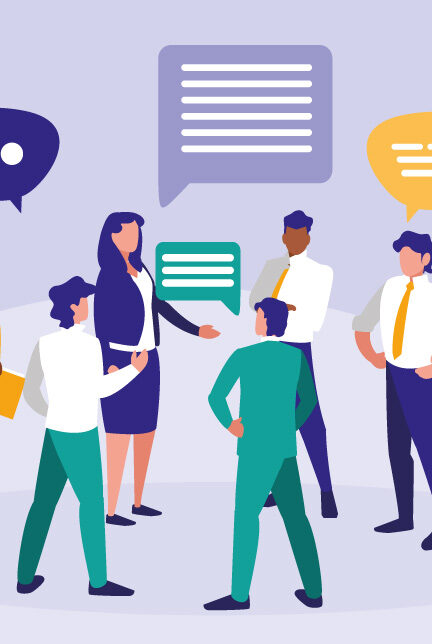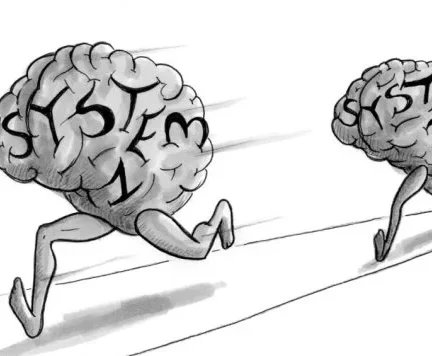In class we discussed the topic of communication error and how it could potentially affect decision making in a medical setting. For this reflection, we were asked to write what communication errors and illusions of knowing we experienced.
“I know that I have experienced many illusions of knowing throughout my life. The majority of them have been associated with academics. There have been a few situations where I would study for an exam for a certain number of hours or just quickly skim through my notes and assume that I knew the information for the exam. However, when I approached exam days, I realized that the knowledge I had acquired was not sufficient for me to do well on the exams. This shows how much I thought I knew, and that I was completely proven otherwise. Another example would be when I would take notes during class and understand what the professor is saying, and I would assume I understood the concept well enough to teach it to others. However, this is where communication errors arise. I think I know the concept well enough to teach to others. Unfortunately, I would have potentially warped their understanding of the concept by feeding them false or confusing information. This illusion of knowing has affected not only me but also the knowledge of others. My experience with the illusion of knowing has taught me that it is vital to know all the information and facts to better communicate the information. In the future, I will ensure that I fully comprehend and read over any concepts I am unsure about to prevent these errors.
I use various study methods that I know will help me improve my learning in the long run. For instance, to ensure I improve my learning actively, I go through a lot of practice problems. Practice problems allow me to expand my mind beyond the material to constantly work on problems so I can learn different methods of getting to a specific answer and choose which method works for me. Using practice problems will allow me to easily retain information on how to tackle various practice problems and apply this information whenever I see problems on exams. I also use repetitive flashcards every day to build on my memory every day. Using flashcards every day will promote actively recalling information much easier while also building upon the knowledge that I learned on the previous day. I am willing to add talking with others to my study methods because I believe it would help with further comprehension. I think discussing concepts with my peers helps clarify any confusing information, while also helping each other grow academically. This could also potentially allow for active engagement and not wanting to communicate false information to others. This would promote active studying as well as long-term learning to ensure that shared information is correct. To determine how and when these changes in study methods would be beneficial to my long-term learning, I would need to evaluate if they helped after taking an exam or assessment. I would use these changes right after learning a new concept that is required for an exam. Firstly, I would use my trusted study methods to ensure I retained the information well. Then, I would apply the study changes after retaining the information to make sure I fully comprehend and could apply them to an exam. I would continuously use these methods for weeks leading up to an exam. Lastly, I would apply all the information I have acquired from my weeks of learning and using various study methods, hoping they would help me on the exam. After receiving the results, I would determine whether or not these study methods helped prepare me for the exam and in the long run.”
Image Credit:
Creator: Cyber Tecz | Credit: Getty Images
Copyright: 2021 Getty Images




